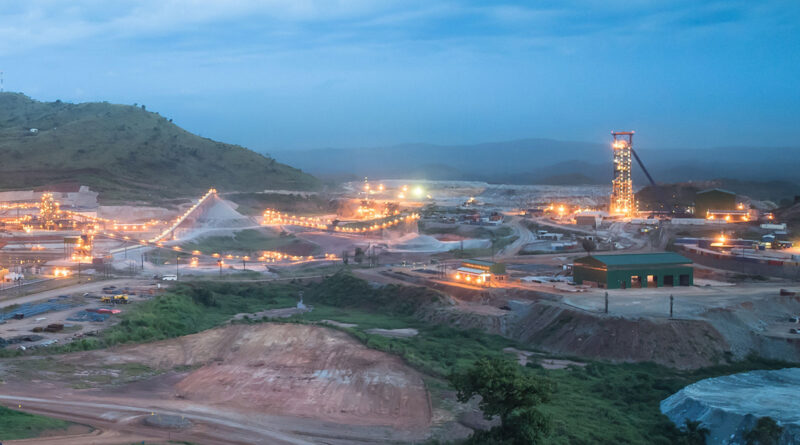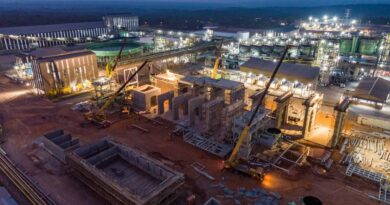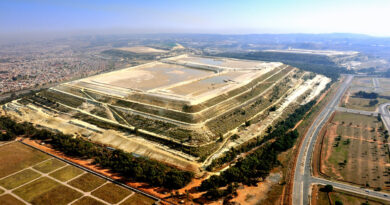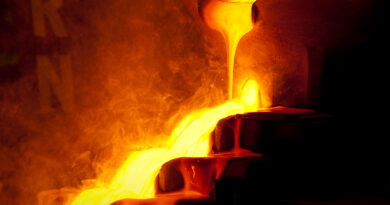Kibali delivers performance and grows mineral reserves
KINSHASA, Democratic Republic of Congo — The Kibali gold mine produced a total of 812,152 ounces1, well within guidance for 2021, and expects to increase its mineral reserves net of depletion for the third successive year, maintaining its plus 10-year life as one of Barrick Gold Corporation’s Tier One2 assets.
At a media briefing here, Barrick president and chief executive Mark Bristow noted that this performance, which grew steadily stronger during the year, was achieved with no lost time injuries during the last quarter. Like all Barrick’s mines worldwide, Kibali retained its ISO 45001 safety and ISO 14001 environmental accreditations.
At the same time, Kibali continued to lead the group’s clean energy drive with power sourced from its three continuously upgraded hydropower stations supported by new back-up battery technology.
“Kibali’s performance was supported by reinforced Covid-19 protocols to deal with the fourth wave of the virus. The mine worked closely with the DRC’s health authorities and the provincial government to source vaccines and to date has partially vaccinated 60% of its workforce, with 43% of the workforce fully vaccinated,” Bristow said.
“It also strengthened its local business partnerships to build a sustainable economy in the region. During Q4 it spent $40.6 million with local contractors and suppliers, bringing the total since the start of Kibali to $2.1 billion. To date, Kibali has invested some $3.7 billion in the DRC in the form of taxes, permits, infrastructure, salaries and payments to local partners.”
During the fourth quarter Kibali paid a dividend of $170 million to shareholders of Barrick, AngloGold Ashanti and government parastatal, SOKIMO, bringing the total distribution for the year to $200 million. Bristow said Barrick and the Congolese authorities were working together on a program to release cash for the repayment of offshore loans.
During the quarter Kibali launched the Garamba Alliance, a biodiversity partnership with the US Agency for International Development (USAID) designed to preserve this World Heritage park through anti-poaching actions and other conservation initiatives. This partnership is also designed to secure a sustainable economic future for the local community surrounding the park.
Looking ahead, Bristow said underground drilling at the KCD orebody was defining a new high-grade lode above the base of the shaft infrastructure. This was an exciting discovery which could add an entirely new orebody to the existing KCD series of orebodies.




